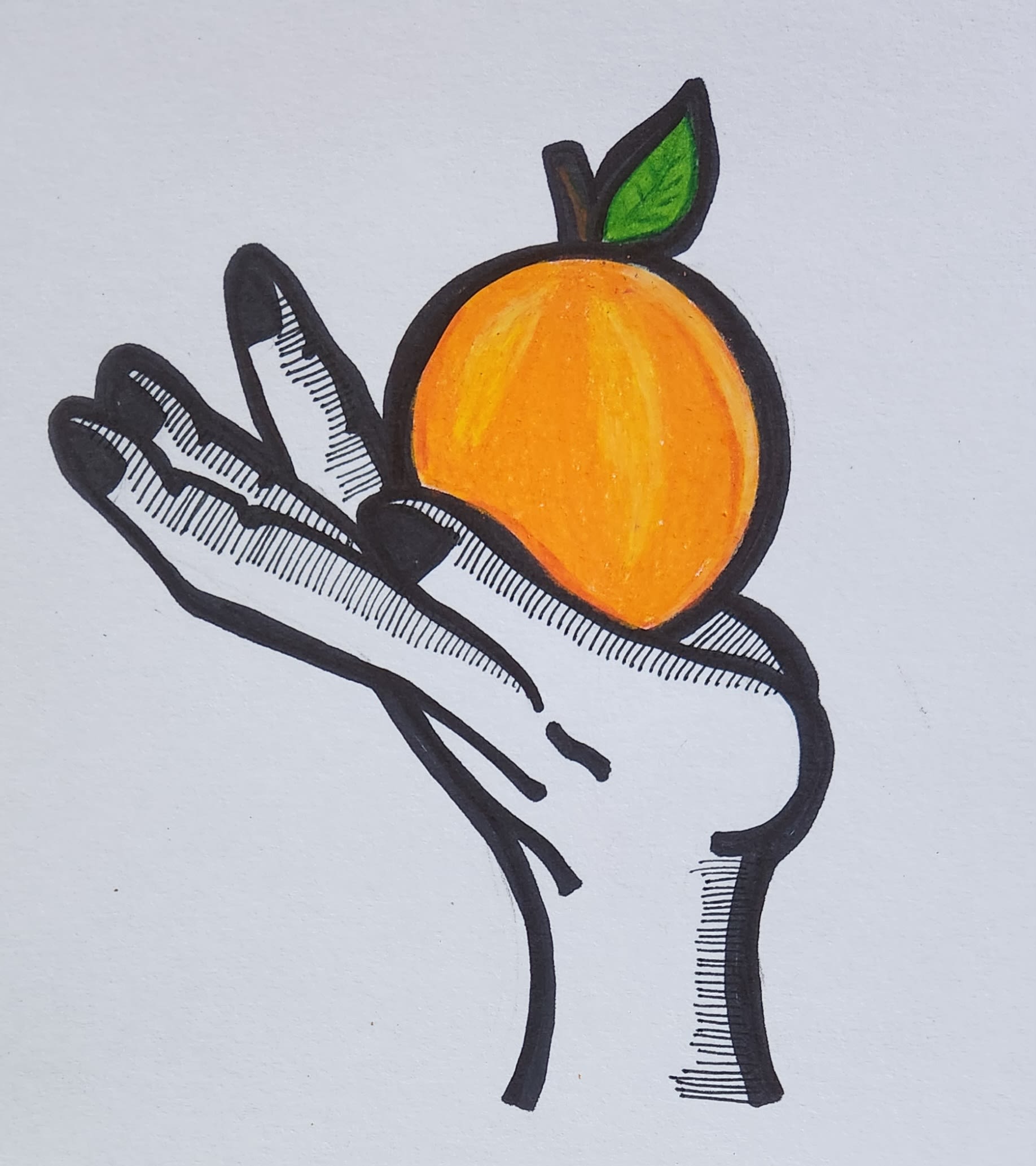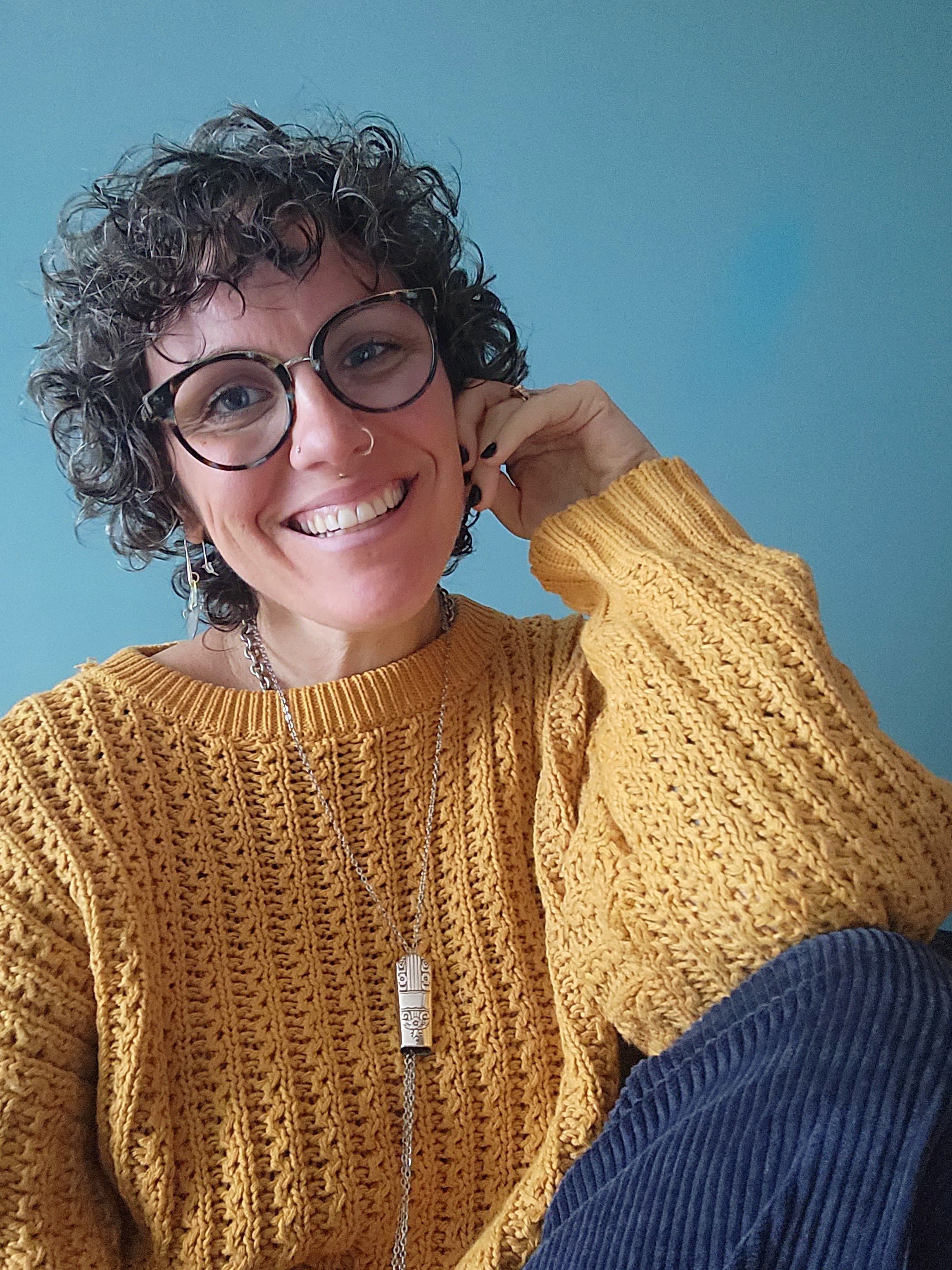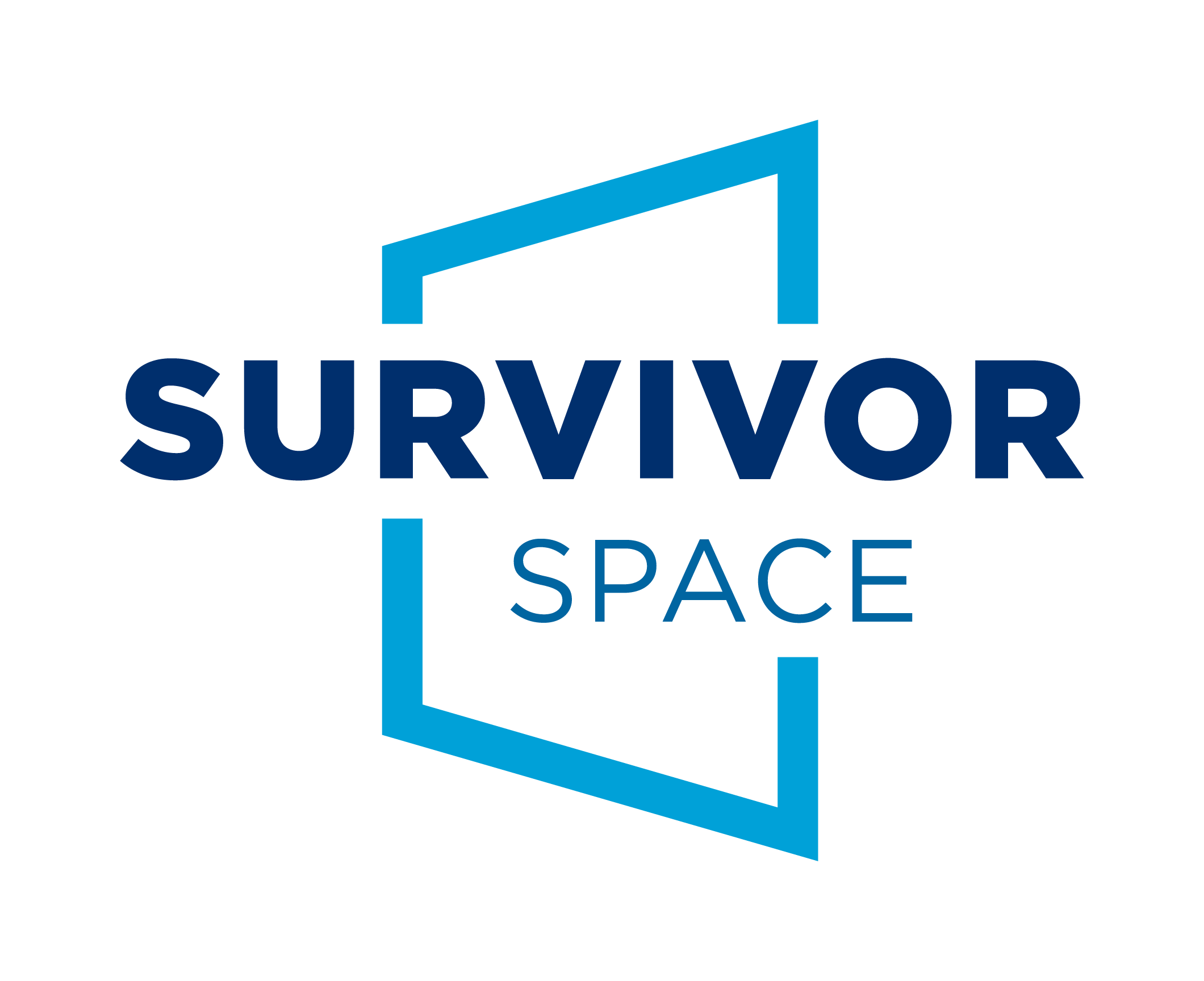Choice?
A few years ago, I was having coffee with a friend, who also happens to be another SME here at SurvivorSpace. We were talking about addiction, trafficking, and other easy and delightful midafternoon on a Tuesday type things. I don’t recall what the particulars were, but I must have been saying something about choices, people making them or not making them. At the time I would have had a much more black and white vision of choice making, as I was very involved in organized religion, and only beginning to be involved in working with addicts and victims of abuse and other injustices. What I do remember is my friend lovingly but assertively saying to me something along the lines of, “Choice is a difficult word. What looks like a choice to you, may not have felt like a choice at all to the person making it.” I know I heard her say this and had a momentary light bulb moment, but the truth is I have been leaning into and digesting these words ever since she said them to me. They have been invaluable in my work with others, and more recently in work within myself.
The complexity of choice is at times absurd, incomprehensible, and divisive. A good example of this is addiction. There are plenty of people who really believe addiction is a choice, and an addict can at anytime simply begin to choose differently. Even those who have a deeper understanding of addiction and the physiological changes that occur in the brain that literally prevent true choice, will generally agree at some point, to get better, there must be a choice made to walk towards recovery. An addict will generally say everything from one end of the choice spectrum to the other about their own addiction, depending on what ideologies have been ingrained in them over the course of their lives. Some will ceaselessly beat themselves up for not “just quitting,” because their belief is that they should be able to just decide to quit. Some will use until it kills them because their belief is that they have no choice in the matter at all. I think the reality is yes, both, neither, a million other things. My point is, choice is a trick word. It is somehow both solid and invisible, appearing in different forms depending on who is looking at it.
I am a not an addict, and up until very recently I pretty much took full responsibility for the way my life has turned out and the role I played in choice making along the way. I guess I didn’t really think too much about my own lack of choice in a lot of ways, because it never applied in the same way as someone who is in addiction, or being trafficked, or suffering ongoing abuse. Also, I am the actual best minimizer in the entire world, so I have sort of floated along through life encouraging others to stop minimizing their experiences, while actively minimizing my own and staying mostly comfortably delusional about this hypocrisy.
But the more I think about it, the more clearly I can see how choice is just as much a trick in my own life as it is in the lives of others. I didn’t have a choice in my own abuse, and the abuse formed me in ways I would have never been formed, leading me to become a person who made “choices,” I may have never made had I not been a person with complex trauma. When I relentlessly sought male attention as a teenager, it didn’t feel like a choice, it felt like I couldn’t survive without it. When I ended up pregnant, it didn’t feel like a choice, my upbringing was Evangelical. When I got married, it didn’t feel like a choice, I was pregnant. I could go on and on. I made choices, and my choices were directly related to what I believed about myself, my value, my worth, my future, my ability, my God. If any of those things were skewed, unhealthy or harmful, my choices reflected that.
I guess what I am trying to say is, for a whole, healed, and healthy person, choice appears much more solid. You can hold it in your hand, roll it around like an orange deciding if you even want an orange at all, putting it down if you don’t. For the wounded, groomed, indoctrinated, and those living in survival mode, choice is more like an apparition. You have heard it is a real thing, it appears sometimes-you’re sure of it, but your hand goes right through when you try to grasp it. You blink, it’s gone again.
I am very blessed to have, by the grace of God, built a beautiful life despite myself and my choices, both apparition and orange. I live in this weird space between wanting to change a million things and not wanting to change anything at all. Being righteously angry that I have to be resilient and being so thankful that I have the capacity to be resilient. Wondering who I would have been without abuse, and appreciating all the wonderful things about myself that came by way of navigating abuse. There ain’t nothing black and white in this world through my eyes. We are all just trying to hold every opposing thought and feeling in a giant bundle spilling from our arms, while fighting tooth and nail for joy and purpose in a messy puddle of grey.

Original artwork by Brooks Decker
About the Author

Brooks Decker is a survivor, writer, artist, and mental health professional in Jacksonville, Florida.

Published by SurvivorSpace, an initiative of Zero Abuse Project.
